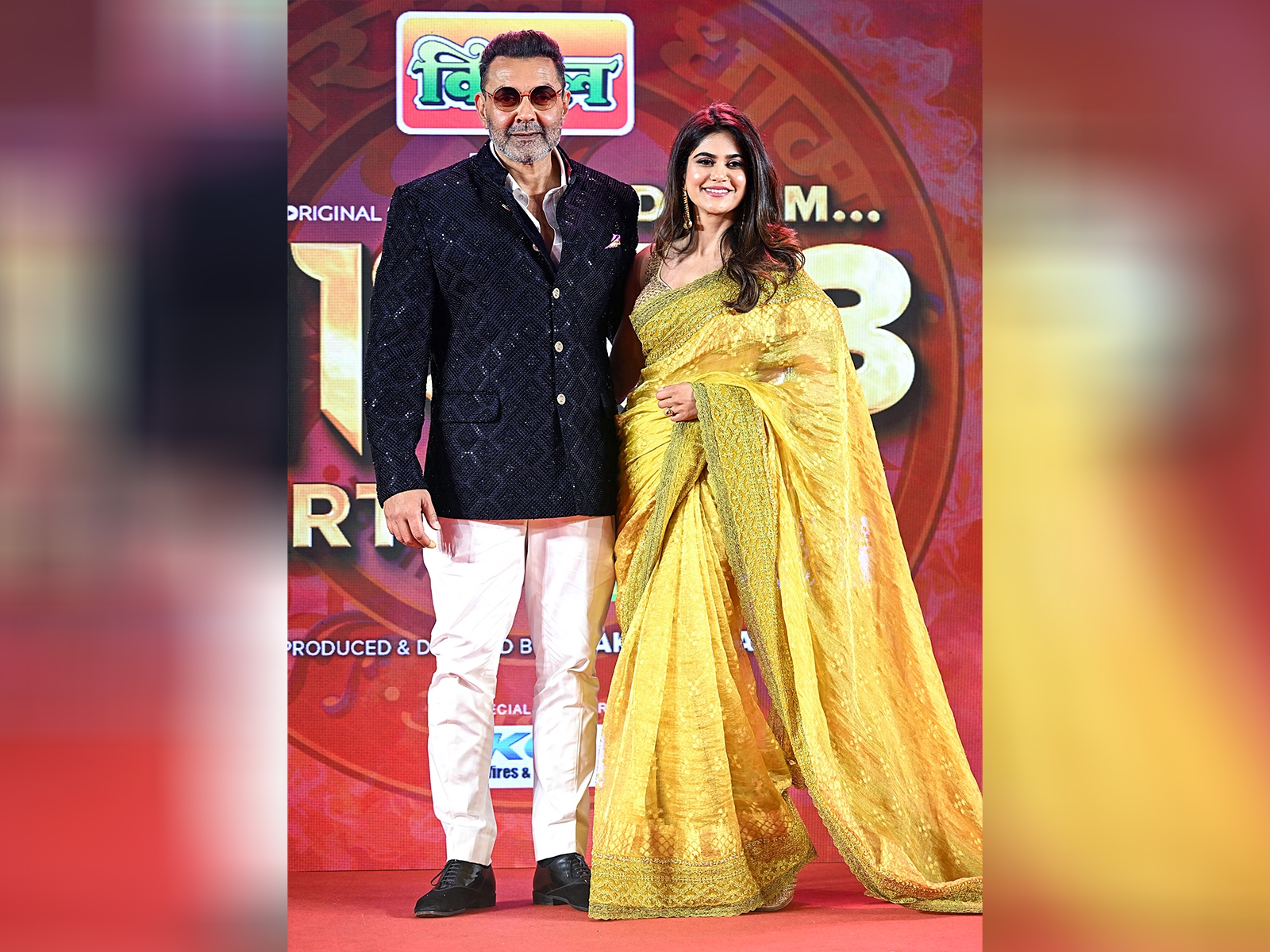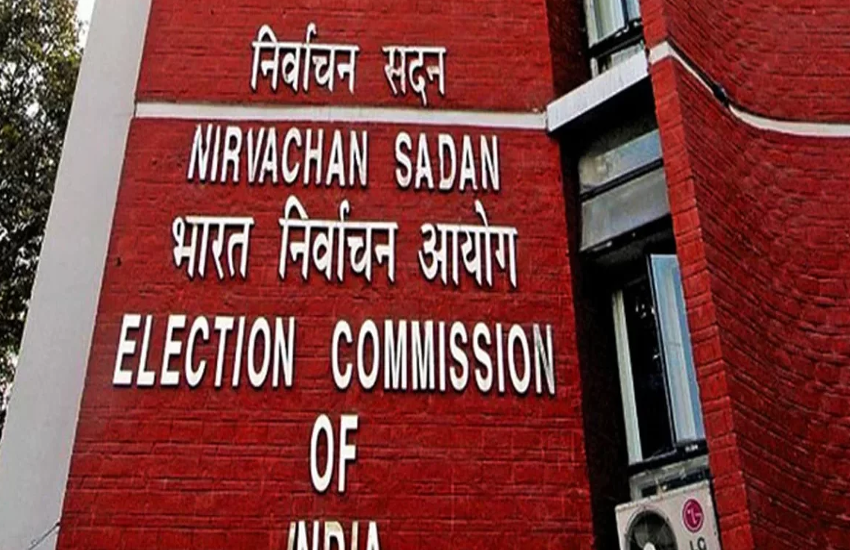Divorce triple talaq from politics. View it as a human issue

While dismissing a petition filed by a Muslim couple, the Allahabad High Court on Thursday called triple talaq "unconstitutional" and a practice that violates the rights of Muslim women.
"Personal laws of any community cannot claim supremacy over the rights granted to individuals by the Constitution," the single-judge bench of Justice Suneet Kumar observed.
The court added that it would not like to say anything more as the matter as it is also being heard by the Supreme Court.
The triple talaq or talaq-ul-biddat is a patriarchal practice, giving the man a right to obtain a divorce by merely saying the word 'talaq' three successive times.
It would be pertinent to take a look at similar cases that have come for judicial scrutiny in the recent past.
Shamim Ara vs State of UP
In 2002, the Supreme Court had invalidated the custom in the Shamim Ara Vs State of UP case. The apex court had emphasised that the Holy Quran accepts only 'Talaq-e-Ahsan', a version of Muslim divorce that does not require the utterance of the word 'talaq' thrice by the husband.
The landmark verdict was not challenged in the court of law and became the precedent for several other court judgments on the issue. As per the ruling, any victim of talaq-ul-biddat can approach a family court for justice. The option was open to Shayara Bano, the women whose plea against triple talaq is pending with the Supreme Court. However, her lawyer was probably lured by fame to take the matter to the Apex Court.
Shamim Ara's is not the only case of this kind. The full division bench of the Bombay High Court had decreed in Dagdu Pathan vs Rahimbi Pathan case (2002) that a Muslim man cannot arbitrarily divorce his wife. The court had cited several laws laid down in various Islamic texts to support the judgment.
In 2004, the Bombay High Court reiterated this position in Najmunbee vs Sikander Rehman case stating that a Muslim husband cannot terminate his marriage without establishing supporting reasons for his decision.
Likewise, the Delhi High Court has also nullified triple talaq in a similar case. There are several instances in various states where courts have rejected pleas of Muslim men citing the Quran and constitutional provisions.
Yet, the Supreme Court took suo moto cognisance of the issue earlier this year. One might ask what forced it to do so. Now, many vested interest groups and religious organisations have jumped on the bandwagon. Political parties are also reacting to the controversy according to their political considerations.
The Allahabad High Court verdict
The single-judge bench has only passed an observation on the issue. It is not a verdict in the strict sense of the term. According to Supreme Court lawyer Shahrukh Alam, it is called 'obiter dictum' in legal terminology, meaning the opinion is not legally enforceable.
"The comment is not directly related to the plea filed by Hina (23) and her husband, 30 years her senior, hailing from Bulandshahr district in western Uttar Pradesh," Alam says.
The duo has sought that the police and Hina's mother be directed to stop harassing the petitioners and their safety and security be ensured. The petition was dismissed by the court. The opinion was not expressed as the rationale for the decision as called 'ratio decidendi' in legal terms. Therefore, it has no legal value.
Hina's case
Hina is married to a 53-year-old man. The latter had divorced his first wife through triple talaq. However, Hina's family was against the marriage. The couple had accused the family of harassing them in collusion with the police.
While commenting on man's first wife, Justice Suneet Kumar asked, "the question which disturbs the Court is should Muslim wives suffer this tyranny for all times? Should their personal law remain so cruel towards these unfortunate wives? Can the personal law be suitably amended to alleviate their sufferings?"
"The judicial conscience is disturbed at this monstrosity. The first wife has to live life for no fault of her but for the reason that her husband got attracted to a lady half of her age which is the reason for being divorced," he added.
The judgment further reads, "The view that the Muslim husband enjoys an arbitrary, unilateral power to inflict instant divorce does not accord with Islamic injunctions. It is a popular fallacy that a Muslim male enjoys, under the Quranic Law, unbridled authority to liquidate the marriage. The whole Quran expressly forbids a man to seek pretexts for divorcing his wife, so long as she remains faithful and obedient to him."
Maintaining that "the husband must satisfy the court about the reasons for divorce in other Islamic states", the court observed, "however, Muslim law, as applied in India, has taken a course contrary to the spirit of what the Prophet or the Holy Quran laid down and the same misconception vitiates the law dealing with the wife's right to divorce.
In 2002, the Supreme Court clearly laid down the law in this context. All such cases have been adjudicated on the basis of this ruling in other courts.
Therefore, the question that arises is - how is this practice continuing without legal sanction? Who is responsible for the misery of women who are victims of this practice? Only a small percentage of these women are able to approach the courts for justice.
The media should investigate these questions and try to find the real reasons behind this practice. The same old rhetoric after every court ruling serves no purpose.
Translated by Deepak Sharma
First published: 9 December 2016, 10:42 IST




![BJP's Kapil Mishra recreates Shankar Mahadevan’s ‘Breathless’ song to highlight Delhi pollution [WATCH] BJP's Kapil Mishra recreates Shankar Mahadevan’s ‘Breathless’ song to highlight Delhi pollution [WATCH]](https://images.catchnews.com/upload/2022/11/03/kapil-mishra_240884_300x172.png)

![Anupam Kher shares pictures of his toned body on 67th birthday [MUST SEE] Anupam Kher shares pictures of his toned body on 67th birthday [MUST SEE]](https://images.catchnews.com/upload/2022/03/07/Anupam_kher_231145_300x172.jpg)






